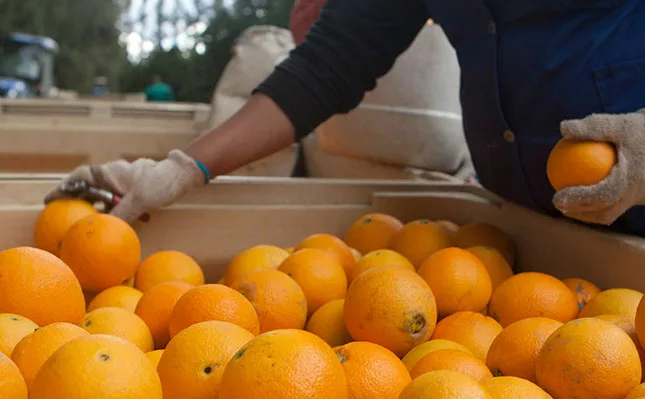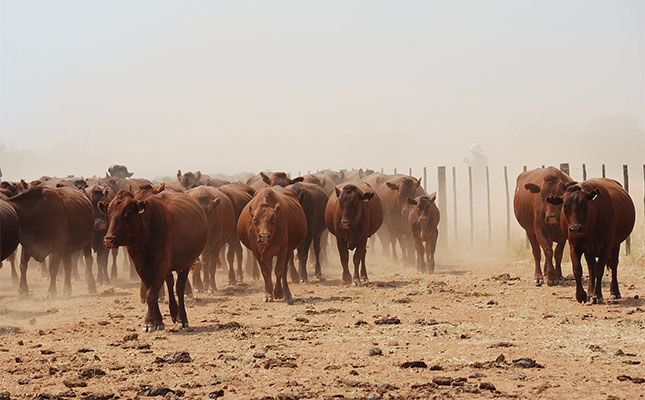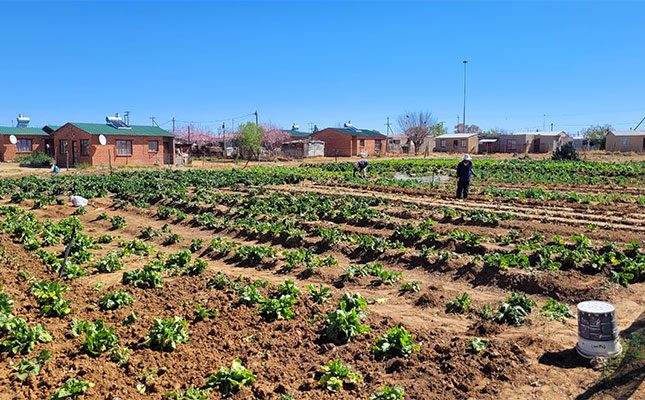
In late August, Minister of Transport Barbara Creecy announced that 11 private companies had met the necessary requirements and would proceed to the next stage of negotiations and contracting and would be allocated 41 rail routes across six key corridors for one to 10 years.
READ Freight rail revival on the cards for Overberg agri corridor
Private operators to enter Transnet rail network
The rail reform initiative follows the National Rail Policy approved by Cabinet in March 2022, which, for the first time in Transnet’s history, allows for private-sector participation while keeping infrastructure under state ownership.
Creecy said the Transnet Rail Infrastructure Manager estimated that the new train operating companies would carry an additional 20 million tons of freight per annum from the 2026/27 financial year.
“The participation of private operators will go a long way in increasing Transnet rail volumes and assist producers in the mining and agriculture sector [with meeting] rail cargo volume expectations [for] exporters, and encourage the upgrade of the rail infrastructure,” she said during a media briefing.
READ How an SA producer grows 70 000t of citrus a year
“This will supplement Transnet Freight Rail’s forecast volumes and contribute to government’s target of increasing freight moved by rail to 250 million tons per annum by 2029.”
Citrus growers count the cost of delays
For the citrus industry, these developments come at a crucial time, according to Citrus Growers’ Association of Southern Africa (CGA) CEO Boitshoko Ntshabele.
Speaking to Farmer’s Weekly, he said the CGA had been vocal about the impact of transport inefficiencies on the industry.
“In February this year, the CGA released a [Bureau for Food and Agricultural Policy] report on the impact of logistics inefficiencies on our industry. The total direct and indirect cost of these inefficiencies was estimated at R5,3 billion per annum – money that could have gone into the economy, created jobs, and provided a good return for our growers. The immediate concern for our growers, however, is getting export fruit to ports from where it is shipped,” Ntshabele said.
Mitchell Brooke, logistics development manager at the CGA, highlighted the distances involved in moving fruit from farm to port.
“Forty percent of South Africa’s export citrus is grown in Limpopo. Once harvested, the produce must travel about 850km to Durban before it is shipped. Improved local rail networks can assist greatly in this regard,” he explained.
READ Mounting water stress requires more dam infrastructure
Private partnerships seen as the way forward
Ntshabele expressed support for initiatives trialling citrus transport by rail: “In one of [the CGA’s] newsletters, we reported on rail transportation of citrus from City Deep in Johannesburg down to the Durban port. We are keen on the growth of any of these types of initiatives over the next few years.
“With our own projected increases in production volumes, the easing of transportation to market destinations at minimal cost to our growers is a priority.”
He added that private-sector partnerships provided the solution to ensuring smoother logistics that would facilitate growth and job creation in the citrus industry.
Get trusted farming news from Farmers Weekly in Google Top Stories.
➕ Add Farmers Weekly to Google ✔ Takes 10 seconds · ✔ Remove anytime






